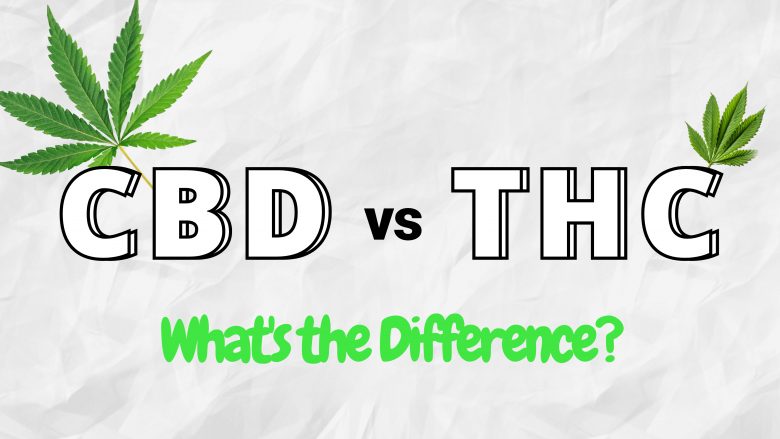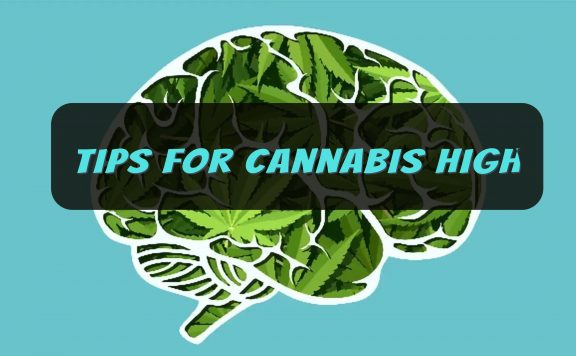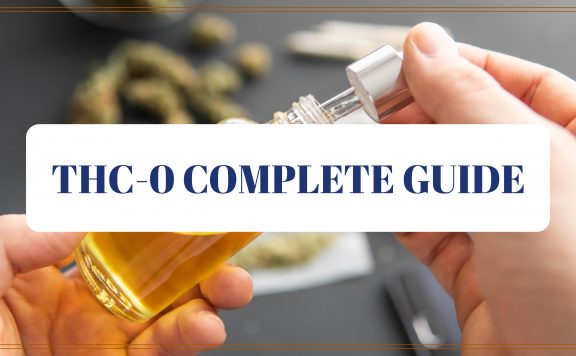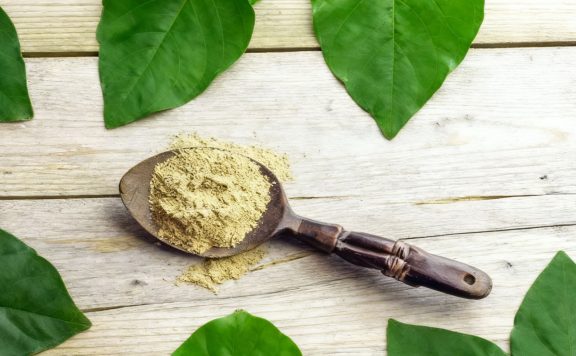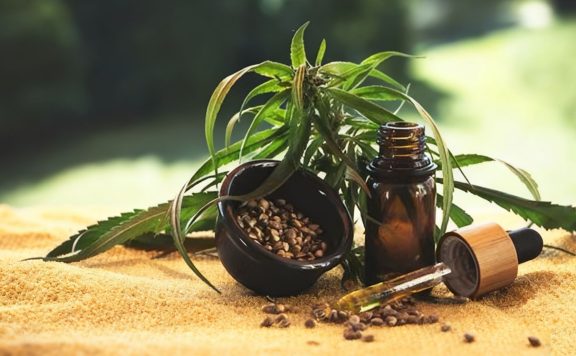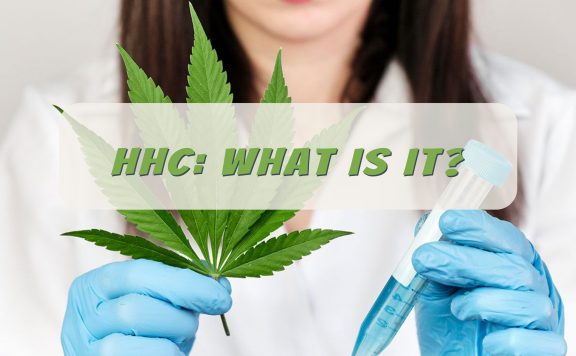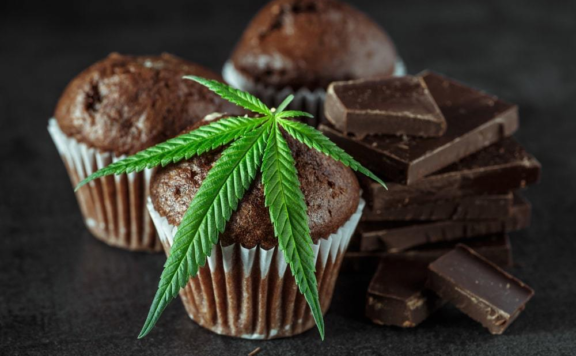Cannabis sativa, also known as the cannabis plant, contains compounds known as cannabinoids. There are over 100 additional cannabinoids besides THC and CBD that have been found by studies to have biological effects on humans.
There are several significant variations between THC and CBD, even though they both interact with the endocannabinoid system. A notable distinction is that, in contrast to THC, CBD doesn’t have the psychoactive properties that many individuals might link to the typical high of cannabis.
This article will walk you through everything on CBD vs THC.
Although they are both cannabinoids, THC and CBD react with the brain’s cannabinoid receptors in slightly different ways.
According to the evidence, THC can attach to the primary cannabinoid receptors because its chemical structure is identical to anandamides. The term “endogenous cannabinoids” or “endocannabinoids” refers to a class of cannabinoids that the body naturally creates. This structural similarity allows THC to bind with these receptors and produce the high that many associate with cannabis use for recreational purposes.
CBD, as opposed to THC, doesn’t produce the intoxicating effect that cannabis users are accustomed to. While experts are unsure of exactly how CBD reacts with receptors, they do think it attaches to them differently than THC does. Instead, CBD might enhance the effects of other cannabinoids or interact with receptors that scientists are yet to identify.
What is Their Origin
Cannabis plants naturally contain both THC and CBD. But various species of the plant have varied concentrations of cannabinoids. For instance, CBD from hemp, a particular variation of the Cannabis sativa plant, is used when a person consumes a medicinal cannabis strain with a high CBD content.
The concentration of THC in hemp vs other cannabis plants is the primary distinction. C. sativa plants with less than 0.3% THC are regarded as hemp according to the 2018 Farm Bill. Other strains usually have higher THC levels and lower CBD levels. According to a 2016 analysis, the average potency of cannabis plants increased from about 4% in 1995 to 12% in 2014. Average CBD levels fell from 0.28% to less than 0.15% between 2001 and 2014.
Chemical Composition
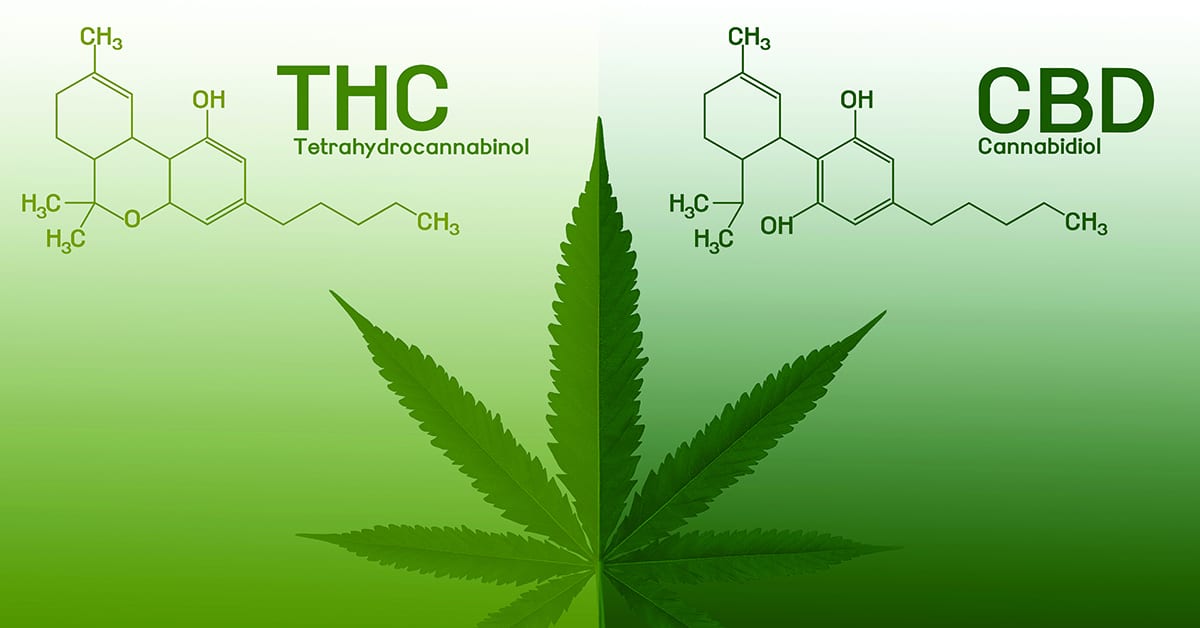
Although they have various pharmacological effects, THC and CBD have identical molecular structures. Both of them have 2 oxygen atoms, 30 hydrogen atoms, and 21 carbon atoms. However, the distinction between THC and CBD is due to a minute variation in the arrangement of the atoms.
Advantages
When it comes to addressing medical issues, CBD and THC work similarly. The applications for each drug do differ slightly, though.
Common conditions that people use CBD to treat include:
- Migraine
- Psychosis or other mental illnesses
- Inflammation
- Depression
- Seizures
- IBD (irritable bowel syndrome)
THC may be used to treat some of the following conditions:
- Muscular spasticity
- Glaucoma
- Lack of sleep
- Lack of appetite
Both of these can be used in treating:
- Nausea
- Anxiety
- Pain
Legality
People are now permitted to consume medical cannabis, at least in limited quantities, in many North American states. How each state defines and governs the legal use, prescription, or sale of cannabis varies just a little. The legal use of medical cannabis is not permitted by any federal legislation. Since no state has passed legislation allowing for the use or prescription of medical cannabis, it is unlawful to do so elsewhere.
Marijuana use for leisure purposes has been authorized in numerous states. Recreational marijuana use is prohibited by federal law, much like medical marijuana.
Before obtaining medical cannabis, a customer should investigate the legal requirements in their state. Purchasing or consuming cannabis for any purpose, whether medical or otherwise, may be illegal if the law does not expressly permit it.
The laws governing the use of cannabis for both medical and recreational purposes are continuously evolving. An individual who is thinking about taking THC or CBD should frequently check their local laws because they may be amended or be in the process of changing.
Negative Outcomes
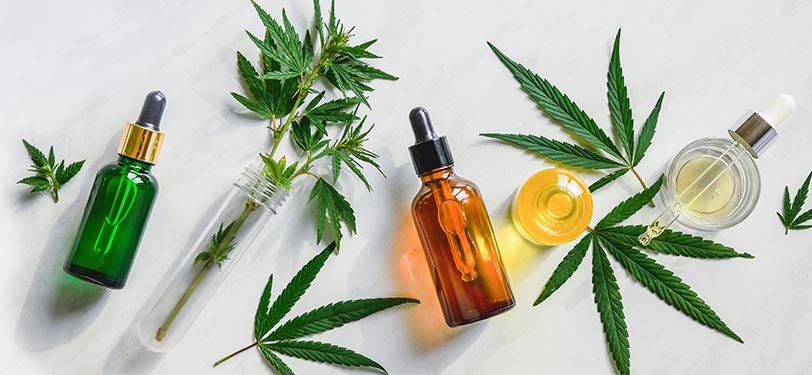
Both CBD and THC have comparatively low adverse effects.
The World Health Organization (WHO) states that CBD is generally harmless and doesn’t seem to have any misuse potential or harmful properties. Potential negative effects, according to the Food and Drug Administration (FDA), are probably the consequence of interactions with other medicines an individual may be using. Additionally, the liver and male fertility may be affected.
THC users could encounter a few transient negative effects. These may consist of:
- Increased heart rate
- Coordination challenges
- Loss of memory
- A general high feeling
- Slowed response
- Red eyes
- Dry mouth
Getting high can have negative psychological impacts, especially on teenagers. This might be a result of a teenager’s maturing brain. Research shows that in some people who are predisposed to schizophrenia, regular or high dosages of THC may raise their risk of acquiring the illness.
Neither THC nor CBD appears to have any negative side effects. Both are not lethal when taken as directed. Additionally, it appears that there is little chance of addiction-forming in those who use THC recreationally.
Forms and Methods of Consumption
Cannabis plants naturally contain both THC and CBD. Cannabis is frequently smoked or vaped, although some people may not be able to do so due to medical issues. As an alternative, people can buy a variety of products that contain these cannabinoids.
CBD exists in several different forms. These are:
- Tinctures
- Capsules
- Gummies
- Oils
THC is also available in a variety of forms, such as:
- Edibles, like brownies
- Tinctures
- Oils
- Smokable products
How legal is CBD?
The Controlled Substances Act’s legal definition of marijuana was changed by the 2018 Farm Bill to exclude hemp. This made some CBD products derived from hemp with less than 0.3 percent THC legal on a federal level. However, the ones with greater than 0.3 percent THC still qualify as marijuana under federal law even though they may be allowed under the laws of some states. Check state laws before you go, especially while you’re traveling. Remember that the FDA has not approved non-prescription CBD products, and some items may have misleading labels.
CBD vs THC
Some of the distinctions between these two cannabinoids are outlined in the following table.
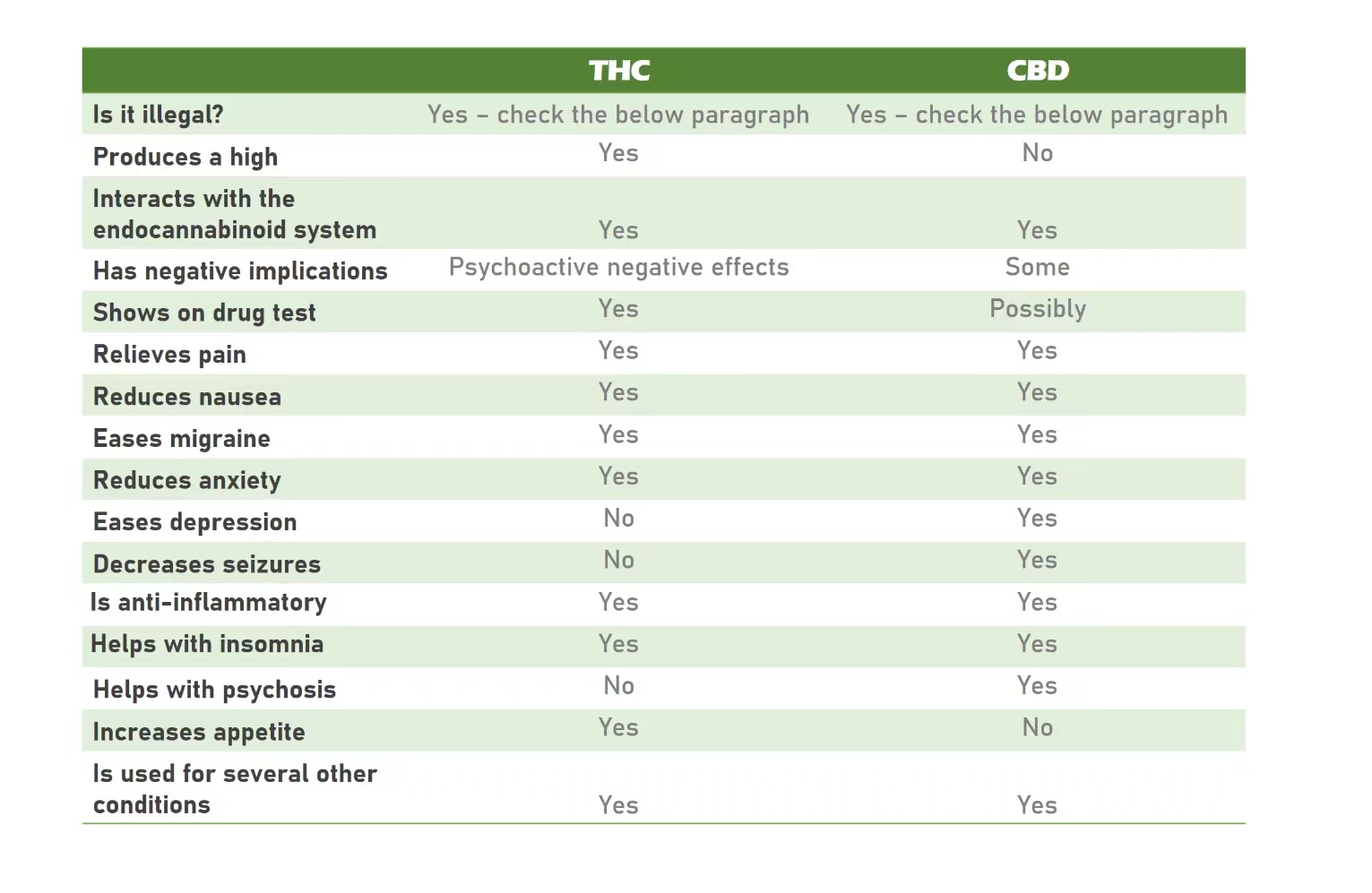
Final Word
Cannabis plants contain cannabinoids like THC and CBD. The most significant distinction between them, despite their similarity in structure and the conditions they may help treat, is that THC will make a person feel high, whilst CBD won’t.
Consumers must become acquainted with local legislation before purchasing and consuming CBD or THC. They are still banned at the federal level and are only permitted for medical or recreational use in a few states.

